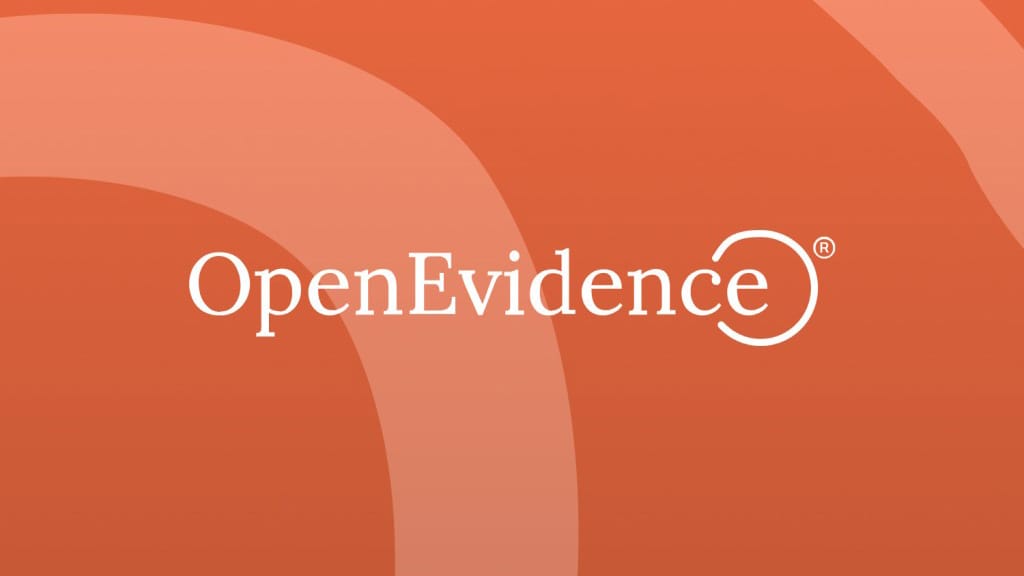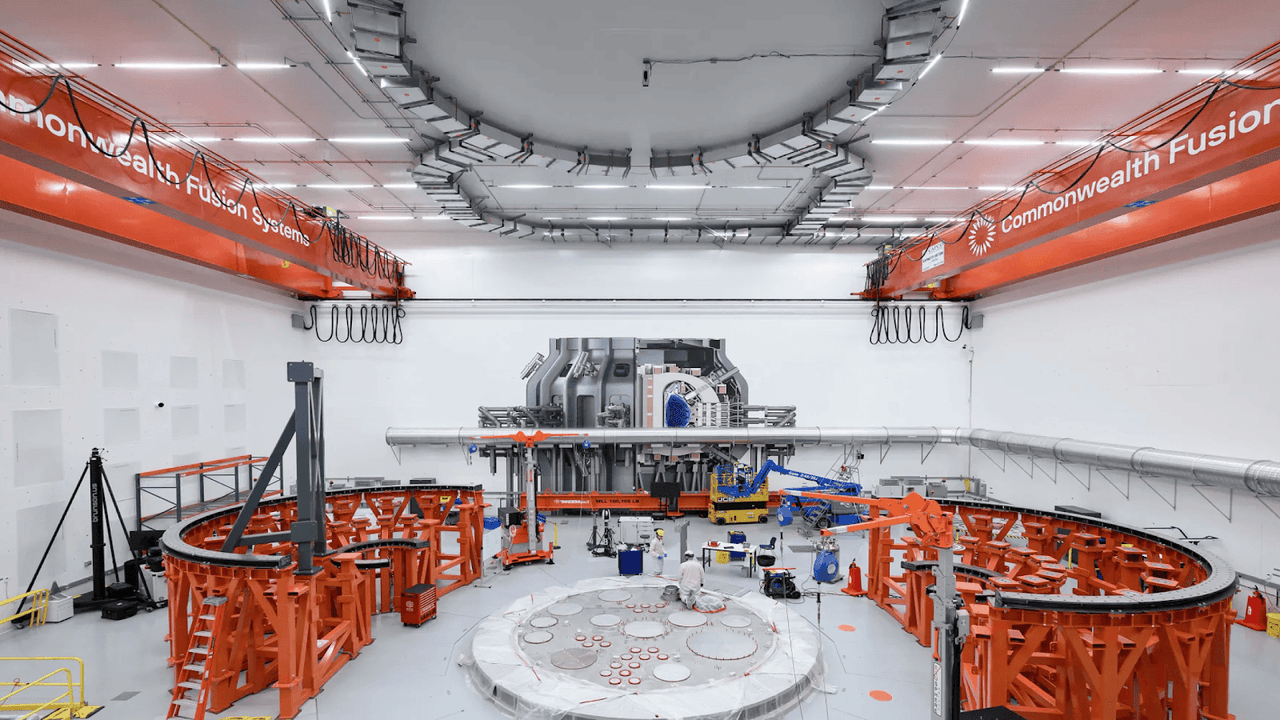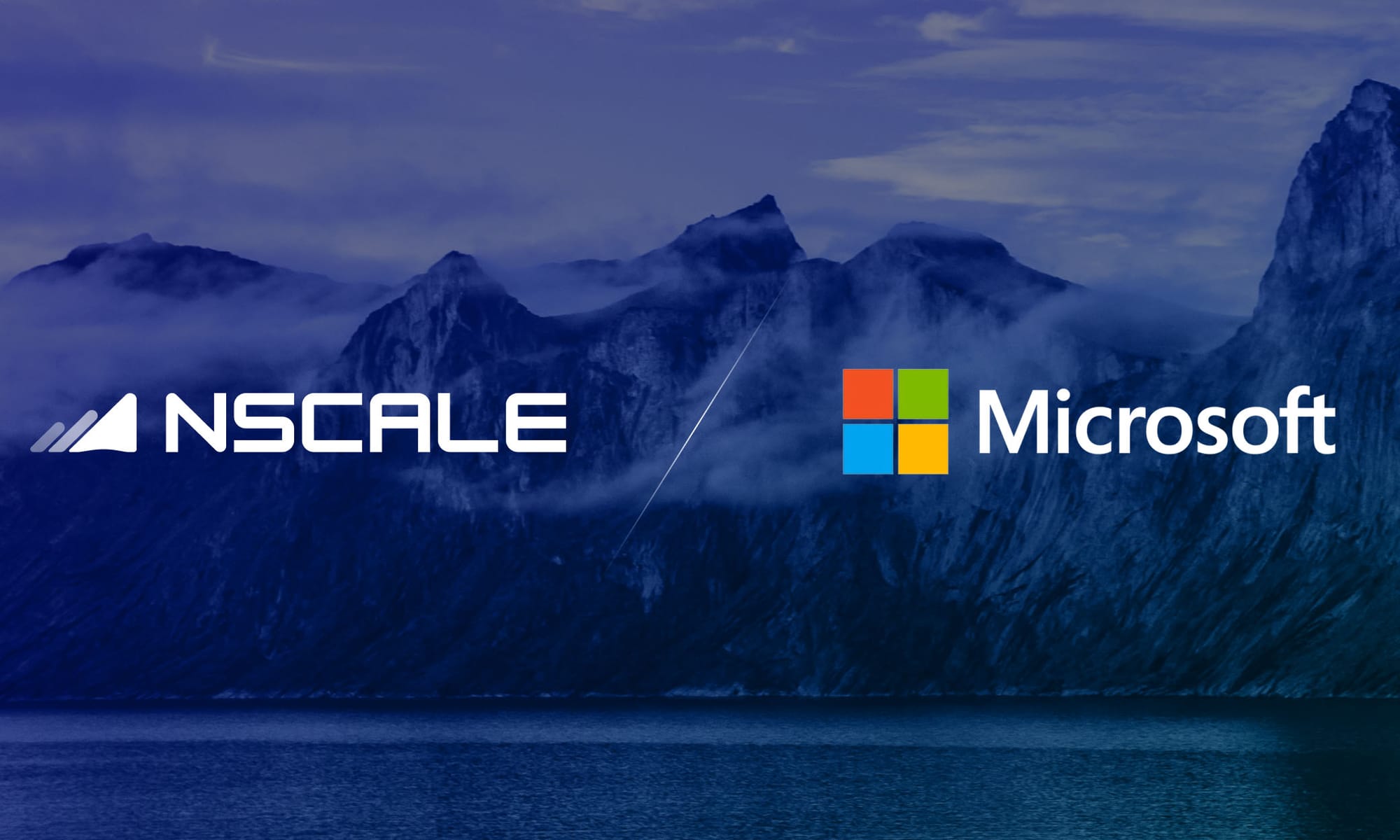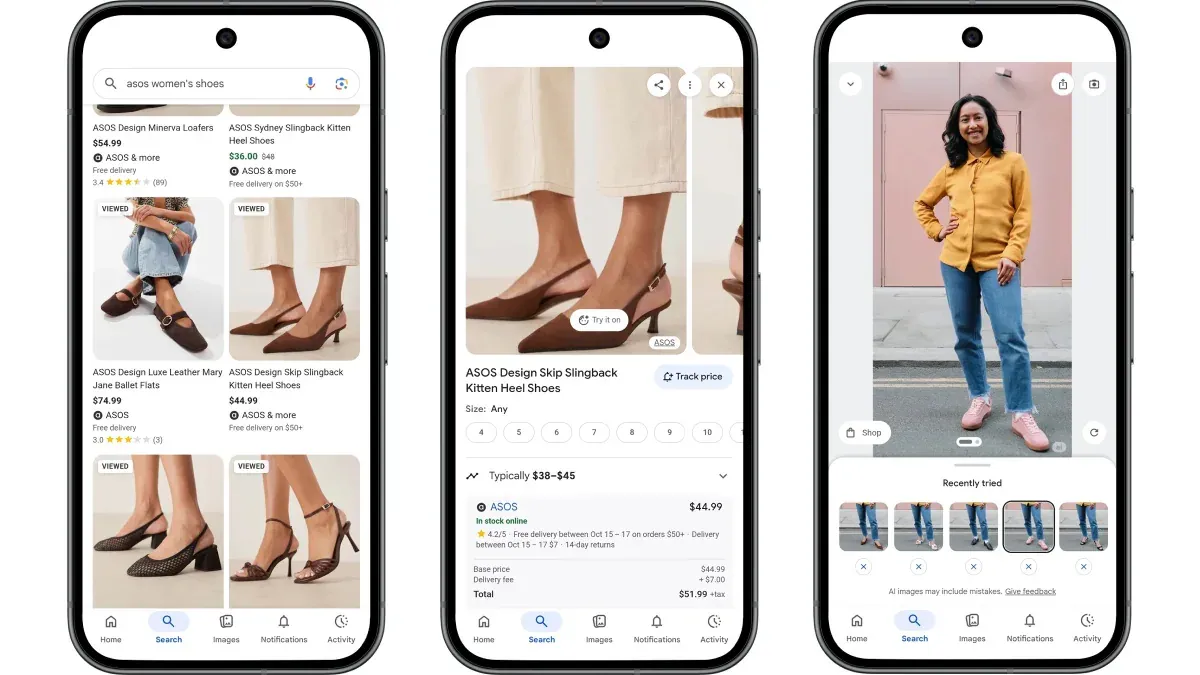Sam Altman’s New Biometric Identification Project Rises Privacy Concerns
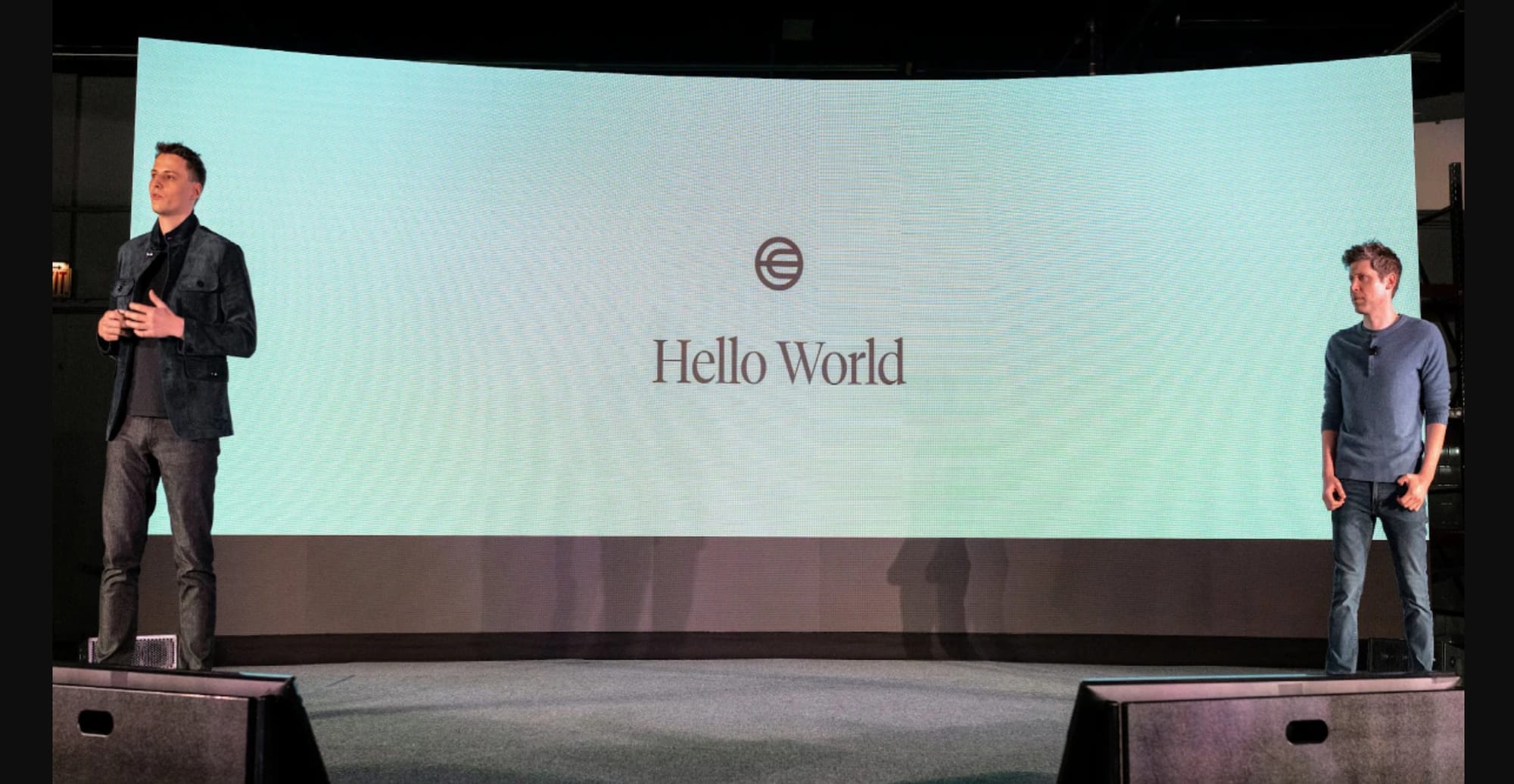
Sam Altman, the CEO of OpenAI and a prominent figure in the tech industry, has launched a new biometric identification project called "World." This ambitious initiative introduces "Orbs," basketball-sized devices that scan users' irises to generate a unique World ID. The project aims to establish a "proof-of-human" standard in the digital age, enabling individuals to verify their identities securely online. However, the rollout of this technology has sparked significant global controversy, primarily due to concerns over privacy, data security, and ethical implications.
The World Project and Its Objectives
The World project, formerly known as Worldcoin, was co-founded by Sam Altman in 2019. Its primary goal is to create a universal digital identity system that distinguishes humans from bots in an increasingly AI-driven world. The project uses Orbs to scan users' irises, generating a unique "iris code" that is linked to a blockchain-based digital identity called the World ID. In exchange for participating, users receive a share of cryptocurrency, known as WLD.
Altman has framed the initiative as a critical step toward fostering digital trust and combating fraud in the online space. The technology is marketed as a privacy-preserving solution, as it claims not to store raw biometric data but instead converts iris scans into encrypted codes. The World project envisions widespread adoption, with Orbs being deployed in gas stations, convenience stores, and other public spaces, making it accessible to millions worldwide.
The Technology Behind Orbs
The Orb is a silver, basketball-sized device powered by Nvidia's Jetson chipset. It scans a person's irises in approximately 30 seconds, capturing detailed patterns to generate a World ID. Unlike traditional biometric data such as fingerprints, which can change over time, iris patterns are considered more stable and unique. The device is designed to perform local fraud prevention checks and convert raw iris images into an encrypted "iris code."

The World project claims that raw biometric data does not leave the Orb unless explicitly approved by the user for training purposes. However, critics have pointed out discrepancies in the company's documentation, raising doubts about the accuracy of these claims. For instance, users seeking a fully verified World ID must agree to send their biometric data to their mobile devices, introducing potential security risks.
Privacy Concerns and Global Backlash
Despite its innovative premise, the World project has faced intense scrutiny and legal challenges in multiple countries. Critics argue that linking immutable biometric data, such as iris scans, to a global ID system poses significant privacy risks. Whistleblower Edward Snowden has been particularly vocal, warning that the project could create a global database of iris scans, even if the raw data is deleted. He described the initiative as a "honeypot for surveillance."
The World project has encountered regulatory hurdles in several countries:
- Spain: Authorities suspended the project due to concerns over data privacy and transparency.
- Argentina: The government imposed fines on the project for violating data protection laws.
- Kenya: A criminal investigation was launched, leading to the suspension of the project.
- Hong Kong: Regulators deemed the collection of biometric data "excessive and unnecessary" and ordered the project to cease operations.
- Brazil: The National Data Protection Authority (ANPD) suspended the project, citing transparency concerns and inadequate privacy protections.
Privacy advocates and cybersecurity experts have raised alarms about the potential misuse of biometric data. Although the World project claims to store only encrypted iris codes, the derived identifiers are immutable and permanently linked to individuals. This raises concerns about data breaches and unauthorized surveillance. Additionally, reports of a black market for iris data in countries like China have further fueled skepticism about the project's security measures.
Public Perception and Industry Reactions
The public reaction to the World project has been mixed. While some view it as a groundbreaking innovation, others see it as a dystopian overreach. The project's rollout in the United States, starting with cities like San Francisco, Atlanta, and Los Angeles, has sparked curiosity but also resistance. Critics have described the initiative as a "sales pitch" that fails to address fundamental data governance concerns.
Despite the controversies, the World project has attracted significant backing from major Silicon Valley investors. This support underscores the tech industry's interest in biometric identification as a solution to online fraud and identity verification challenges.
Tools for Humanity, the parent company behind the World project, has defended its practices and reaffirmed its commitment to privacy and security. The organization has criticized misinformation about the project and expressed a willingness to engage with regulators to address their concerns. In Brazil, for example, Tools for Humanity plans to work with the ANPD to demonstrate the benefits of its technology and ensure compliance with local laws.
Looking Forward
The World project represents a bold attempt to redefine digital identity in an era dominated by artificial intelligence. While its goals are laudable, the implementation raises serious ethical and privacy concerns. The discrepancies in the company's claims about data storage, coupled with the global backlash from regulators, highlight the need for greater transparency and accountability.
In my opinion, the World project is a double-edged sword. On one hand, it has the potential to revolutionize identity verification and combat fraud. On the other hand, the risks associated with biometric data collection and storage cannot be ignored. To gain public trust and regulatory approval, Tools for Humanity must prioritize user privacy, address security vulnerabilities, and engage in open dialogue with stakeholders.
As technology continues to evolve, it is crucial to strike a balance between innovation and ethical responsibility. The World project serves as a stark reminder of the challenges and opportunities that lie ahead in the quest for a secure and inclusive digital future.

